School systems around the world are grappling with rising coronavirus cases in their communities and how to continue to operate and/or reopen safely for in-person learning. They are also facing rising inequities due to the challenges of virtual learning and the digital divide. Parents around the nation are wrestling with similar decisions about whether to send their child to school for in-person learning.
While virtual learning has been a necessary adjustment during the pandemic, particularly when we knew little about schools and the risk of COVID-19 transmission, we also know there is no substitute for in-person learning. When children are physically in school, they have access to supports and services that enhance their development, including in-person academic instruction; the stability of routines; physical exercise; nutritious meals; social connection with other students, teachers and staff; medical services such as oral health, mental health and physical health services as well as therapies like speech and physical therapy; and contact with a network of supportive adults who can build relationships with children.
Questions to consider when deciding to return to school
Every decision about returning to school should start at home, and there are a number of questions to consider.
- Who is living in the home? Is there anyone who is an elderly adult or immunocompromised and therefore at higher risk of severe illness from COVID-19 infection?
- Does your child have special therapy needs that are best served in-person at school?
- If your child returns to school in-person, do you have a back-up plan for childcare or supervision of virtual learning if the school has to close due to a COVID-positive case?
- What is your family’s tolerance for risk?
- Are you living with a high level of anxiety in your household such that a return to in-person school would be detrimental to the mental health of individuals in your household? Or is virtual learning a major strain on your family and your child’s social and/or academic development, such that a return to in-person schooling would be more supportive?
- Do you have stable internet access and enough devices for each child who would be learning virtually?
- For older children, you may want to ask them what their thoughts are: what have they heard about returning to school in person? Do they feel they will be able to adhere to masking and physical distancing requirements in school? What concerns and preferences do they have?
Review your school’s reopening plan
The next thing to review is the plan for reopening at your child’s school. Any reopening plan should, at a minimum, address the following areas:
- Masking protocols: Is your child’s school requiring masking of all students ages 2 and up as recommended by public health experts? Is the school providing masks for students, staff and families who don’t have access to them?
- Hand hygiene and physical plant cleaning protocols: Has your child’s school indicated the plans for encouraging hand hygiene among students and staff? Have they issued plans for frequent cleaning of high touch surfaces such as door handles?
- Physical distancing: Is your child’s school making efforts to decrease the number of people on campus each day, either through cohorting students in a hybrid curriculum (part-time in school and part-time virtual learning) and/or through limiting visitors and other non-school staff on campus?
- Ventilation: Has the school consulted with a Heating, Ventilation and Air Conditioning (HVAC) specialist regarding the air filtration in the school and any necessary upgrades to increase air flow and filtration?
- Communication and cooperation with the local department of health: Does your child’s school have a plan to communicate with students and families if there is a case of coronavirus in the school community and to coordinate a response with the local department of health?
We’re learning more and more about COVID-19 and schools every day. The “right” decision is highly personal and involves family dynamics and characteristics, your child’s academic progress and mental health, and your school and community environment. Don’t hesitate to reach out to your pediatrician to discuss this important decision. We’re here for you.
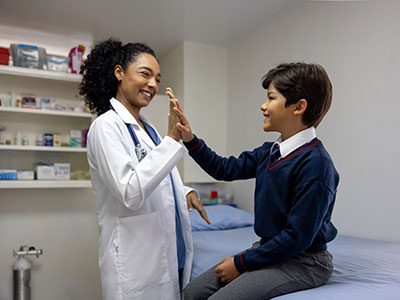 https://riseandshine.childrensnational.org/wp-content/uploads/2024/12/school-nurse-feature.jpg
300
400
Danielle Robbins
https://riseandshine.childrensnational.org/wp-content/uploads/2017/11/childrens_riseandshine_logo.jpg
Danielle Robbins2024-12-24 11:28:462025-06-24 13:35:39Advice from the school nurse: Health tips every parent needs to know
https://riseandshine.childrensnational.org/wp-content/uploads/2024/12/school-nurse-feature.jpg
300
400
Danielle Robbins
https://riseandshine.childrensnational.org/wp-content/uploads/2017/11/childrens_riseandshine_logo.jpg
Danielle Robbins2024-12-24 11:28:462025-06-24 13:35:39Advice from the school nurse: Health tips every parent needs to know




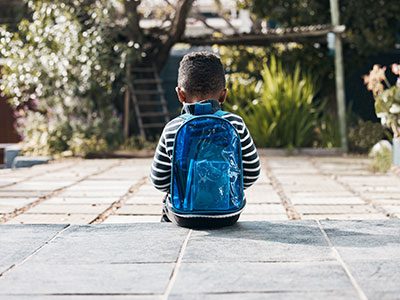
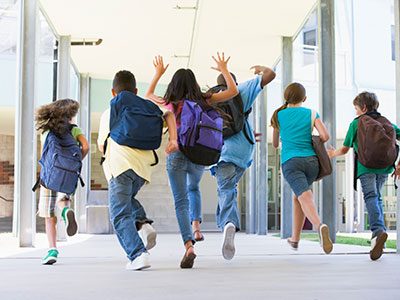
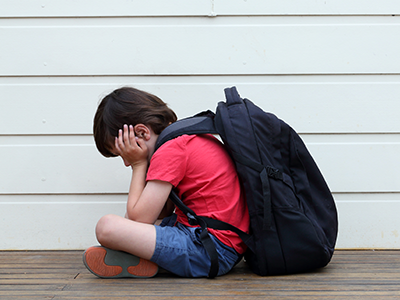
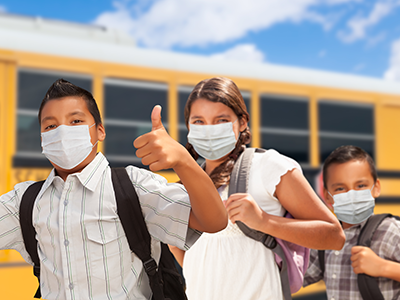
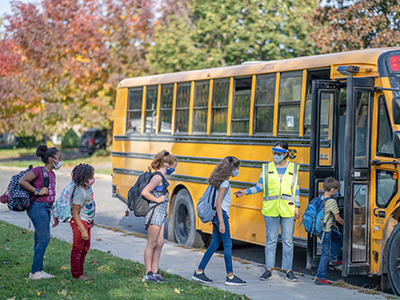
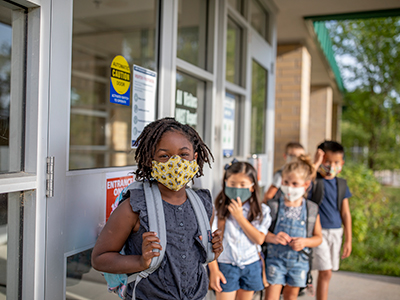


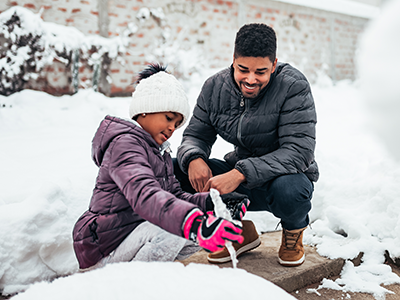
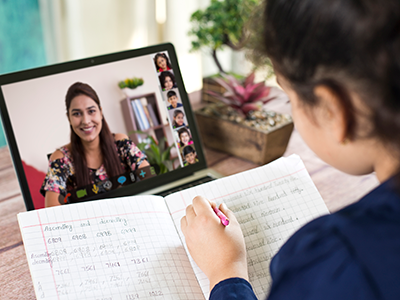
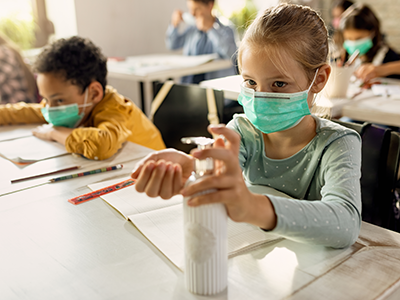
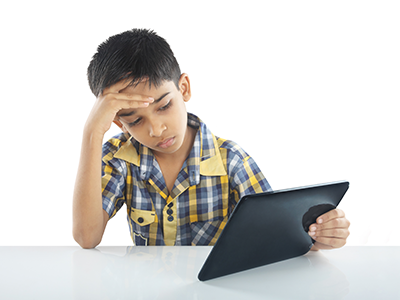
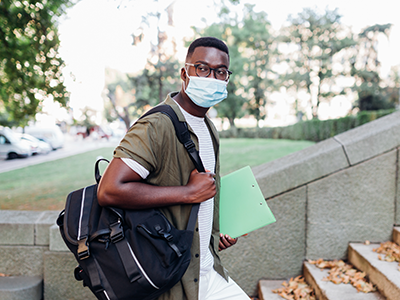
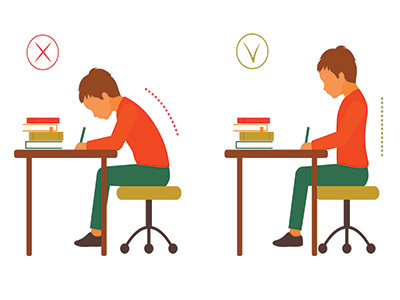
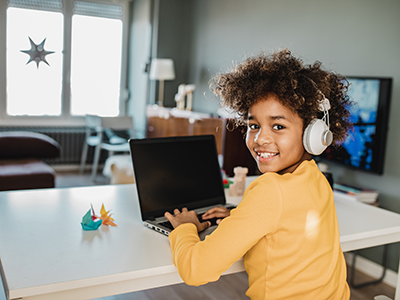
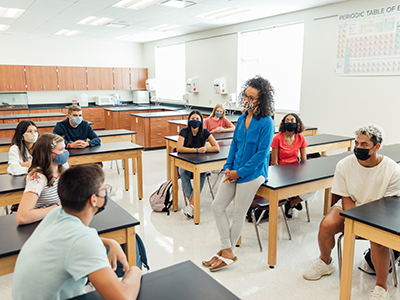
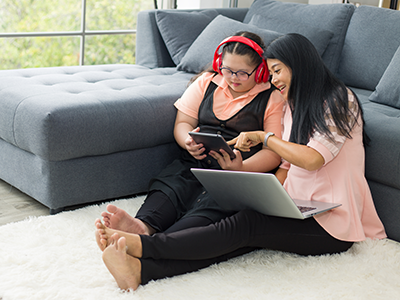
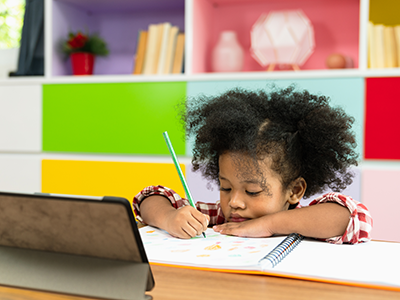
Leave a Comment
Want to join the discussion?Feel free to contribute!